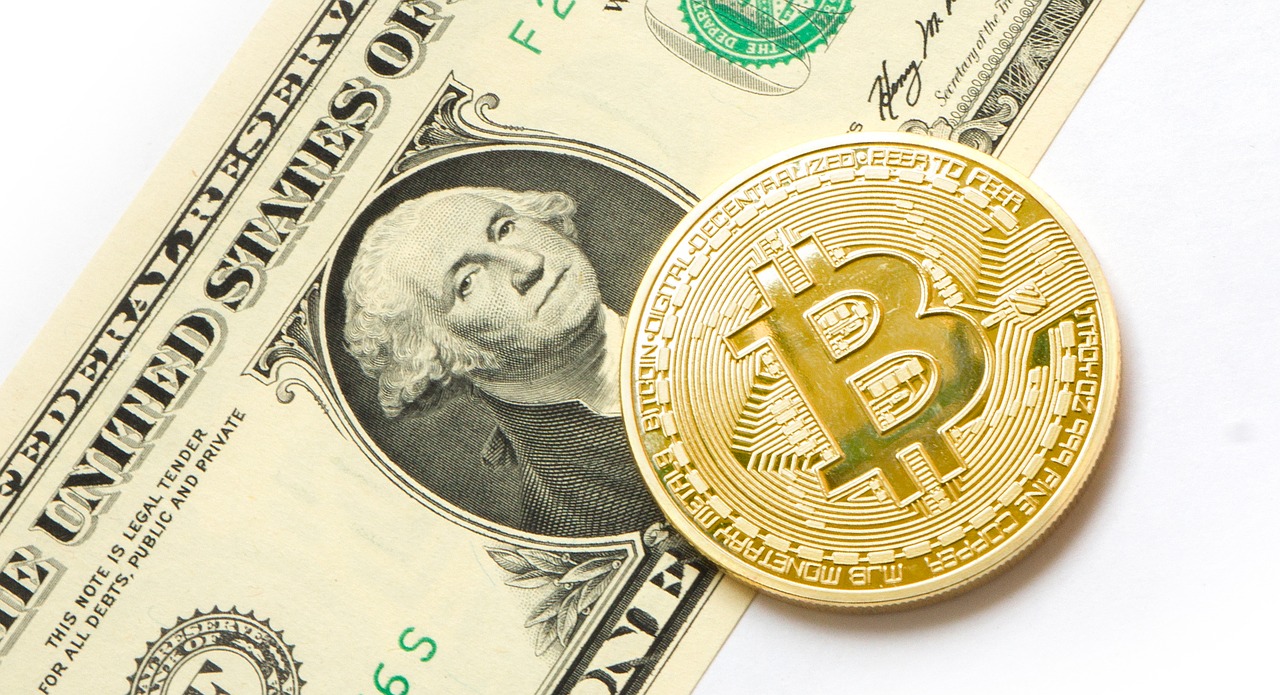Are Stablecoins Just Corporate Versions of CBDCs?
The Sentinel Global founder has raised alarms about what he calls “central business digital currency” – a new form of private money that, in his view, mirrors the surveillance and control mechanisms of state-backed CBDCs.
Kranz argues that trusting major financial institutions to issue digital dollars could expose users to the same dangers they fear from governments. “If a large bank decides who can transact, freezes balances, or enforces political restrictions, how is that different from a central bank digital currency?” he asked. He warned that regulatory frameworks like the Patriot Act already grant corporations and authorities significant control over access to funds.
Hidden Risks Beneath the Promise of Stability
According to Kranz, the notion that stablecoins are safer than cryptocurrencies is misleading. Those backed by cash or short-term government securities are still vulnerable to liquidity crises – digital versions of the same “bank runs” that once toppled financial institutions. Meanwhile, algorithmic and synthetic stablecoins carry their own fragilities, relying on market behavior and code that can unravel in moments of extreme volatility.
He compared these systems to experimental engines: impressive, but prone to failure when pushed too hard. “People assume stability means safety,” Kranz said. “In reality, it just means the risk is harder to see.”
Innovation Moving Faster Than Oversight
The rapid evolution of tokenization and blockchain-based finance, Kranz added, is producing both extraordinary opportunities and dangerous blind spots. He described the current wave of innovation as “ten black swan events happening at once,” where breakthroughs in one corner of the market can trigger unexpected consequences elsewhere.
READ MORE:

U.S. Bank Troubles Return – And Bitcoin May Be the First to Sense What’s Coming
The total value of stablecoins in circulation recently passed $300 billion, according to DeFiLlama – a sign of surging adoption but also growing systemic exposure. With so much money now tied to private issuers, Kranz fears the next major disruption could come from within the sector itself.
A Divided Political Landscape
The debate has also spilled into Washington, where the new GENIUS stablecoin bill has split lawmakers. Supporters view it as a necessary regulatory step, while critics call it a disguised path toward centralized digital control. Representative Marjorie Taylor Greene went as far as calling it a “Trojan Horse,” claiming it could usher in a cashless society run by institutions capable of freezing or monitoring every transaction.
For Kranz, the heart of the issue isn’t whether digital currencies are public or private – it’s who holds the power to turn them off. He believes the same technology that could democratize finance can also be used to confine it, depending on who’s behind the code.
“Technology doesn’t choose sides,” he said. “But people do. And that’s what investors need to understand before they hand their trust to a token.”
Source
The information provided in this article is for educational purposes only and does not constitute financial, investment, or trading advice. Coindoo.com does not endorse or recommend any specific investment strategy or cryptocurrency. Always conduct your own research and consult with a licensed financial advisor before making any investment decisions.
The post Are Stablecoins Just Corporate Versions of CBDCs? appeared first on Coindoo.
You May Also Like

Shibarium May No Longer Turbocharge Shiba Inu Price Rally, Here’s Reason

House Judiciary Rejects Vote To Subpoena Banks CEOs For Epstein Case

